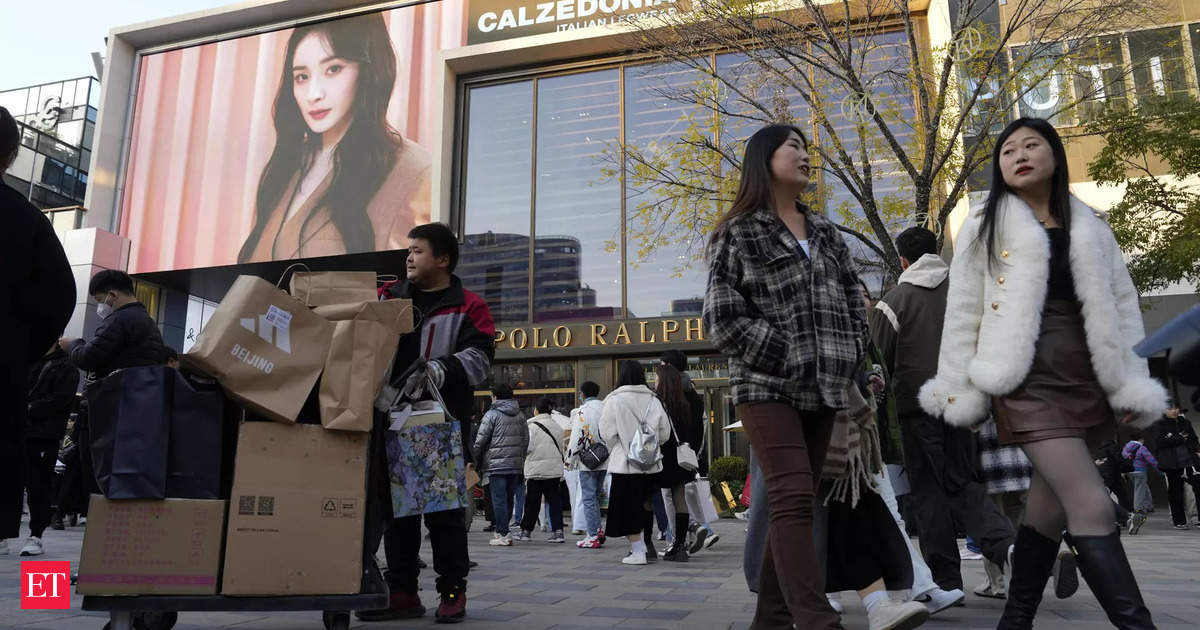China has taken another step towards boosting its economy by signaling that it may implement more targeted stimulus measures. This comes after the country made an abrupt cut to the bank reserve ratio. The move is aimed at boosting lending to small and medium-sized businesses, which have been hit hard by the economic slowdown. By reducing the reserve ratio, the government hopes to provide banks with more funds to lend to these businesses. It is expected that this move will help stimulate economic growth and encourage investment in the country.
China’s central bank, the People’s Bank of China, announced the reduction of the bank reserve ratio by 0.5 percentage points as of July 15th. The cut will release around 1 trillion yuan ($154 billion) in long-term liquidity into the economy.
The decision to cut the bank reserve ratio was unexpected and is seen as a signal that China is prepared to take more aggressive measures to stimulate its economy. The move comes as the country faces downward pressure on economic growth due to a trade war with the United States and increasing debt levels.
China’s economy has been facing challenges in recent years, with growth slowing to its lowest rate in almost three decades. This has prompted the government to take various measures to stimulate the economy, including tax cuts and infrastructure spending. However, these broad-based stimulus measures have had limited impact on small and medium-sized businesses, which are the backbone of China’s economy.
The reduction in the bank reserve ratio is expected to address this issue by providing banks with more funds to lend to these businesses. The move is aimed at reducing borrowing costs for these companies, making it easier for them to access much-needed capital.
The decision to implement more targeted stimulus measures indicates that China is willing to take more proactive steps to boost economic growth. The government is focusing on supporting small and medium-sized businesses, which are vital for job creation and economic stability.
However, there are concerns that these stimulus measures may lead to a further build-up of debt in the country. China already has high levels of corporate debt, and there are concerns that increased lending to small and medium-sized businesses may exacerbate this problem.
Despite these concerns, the reduction in the bank reserve ratio is expected to provide a much-needed boost to the economy. It will help ease liquidity conditions and provide support to businesses that have been struggling to access credit. This move is expected to have a positive impact on economic growth and investor confidence in China.
In conclusion, China’s decision to implement more targeted stimulus measures is a positive development for the country’s economy. The reduction in the bank reserve ratio will help provide banks with more funds to lend to small and medium-sized businesses, boosting economic growth and job creation. While there are concerns about the potential increase in debt, the overall impact of these measures is expected to be positive. China is signaling that it is willing to take more proactive steps to support its economy and ensure long-term growth.










